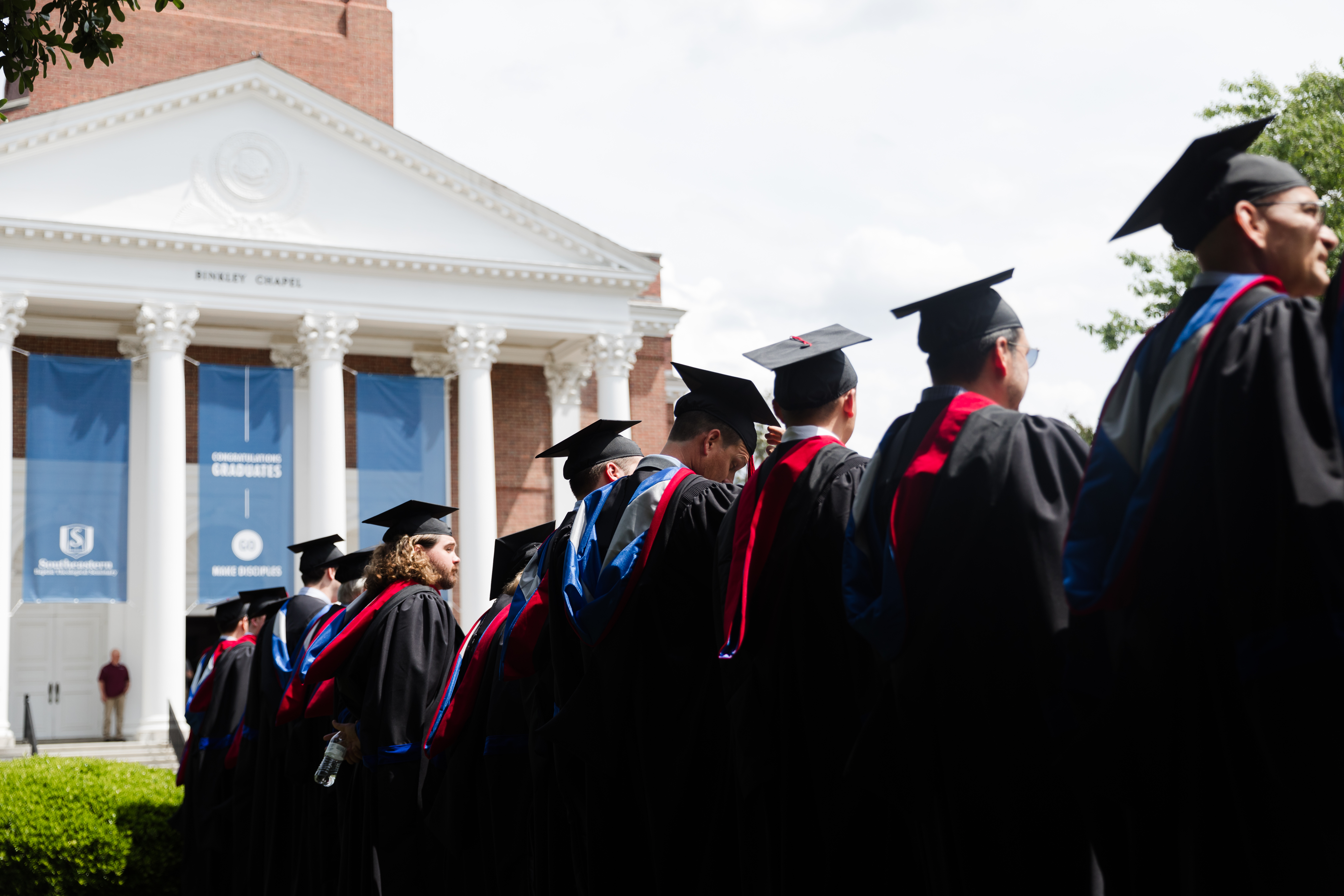Personal identity and identity formation are complicated subjects, of which the debate about Transgenderism is just one part. However, the believer’s starting point must begin with submission to God’s Word. Tim Keller was asked how he would respond to someone who disagreed with him about same-sex marriage and how he might go about attempting to persuade them to think otherwise. He answered, “I would start by asking whether or not we agree that Jesus rose from the dead. Because if we don’t agree on that point, nothing else I have to say is going to matter.”[1] Even though powerful natural law arguments against Transgenderism can be made, in the present cultural climate they seem to fall on deaf ears. Keller seems to be right: unless there is agreement about the Lordship of Jesus Christ and the authority of his Word, then there probably will be little agreement about LGBTQ+ issues, including Transgenderism. This article will seek to present a Biblical response to current trends concerning sex and gender.
The Essential Connection Between Sex and Gender
Feminist philosopher Judith Butler declares, “There is no recourse to a body that has not always already been interpreted by cultural meanings…. ‘The body’ is itself a construction.”[2] By contrast, Baptist theologians John Hammett and Katie McCoy argue that the body is not a social construct or merely a biological category, but rather primarily a theological category that “God designed for his own revelatory and saving purposes.”[3]
As noted in a previous article, Genesis 1 affirms the differentiation between the sexes; Genesis 2 builds upon the previous chapter to establish the gender roles played by each sex. The order of the creation narrative teaches that sex informs gender. Though gender involves individual feelings, cultural norms, and stereotypes, it also fundamentally involves biological sex. The fact that sex and gender can be distinguished does not mean that they can be severed.
Affirmation of Gender Fluidity?
Some transgender proponents argue that Jesus himself taught genderfluidity. His response to the Pharisees’ question about marriage and divorce shocked all who were present, including the disciples (Matt. 19:10). When they exclaimed that maybe it’s better to not get married at all, Jesus responded, “Not everyone can accept this saying, but only those to whom it was given. For there are eunuchs who were born that way from their mother’s womb, there are eunuchs who were made by men, and there are eunuchs who have made themselves that way because of the kingdom of heaven. The one who is able to accept it should accept it” (Matt. 19:11-12). According to bioethicist David Albert Jones, Jesus’ affirmation of “eunuchs for the kingdom” leaves room for “transgender identities both binary and nonbinary.”[4]
In response, a straightforward reading of the text does not indicate that Jesus was teaching that eunuchs comprise a third gender. Rather, our Lord is commending those who “have foregone the delights of marriage in order that they may discharge specific tasks for the kingdom of heaven…[T]hrough the centuries many have turned their backs on all that marriage means because only so could they pursue their particular vocation in the service of God.”[5]






No comments have been added.